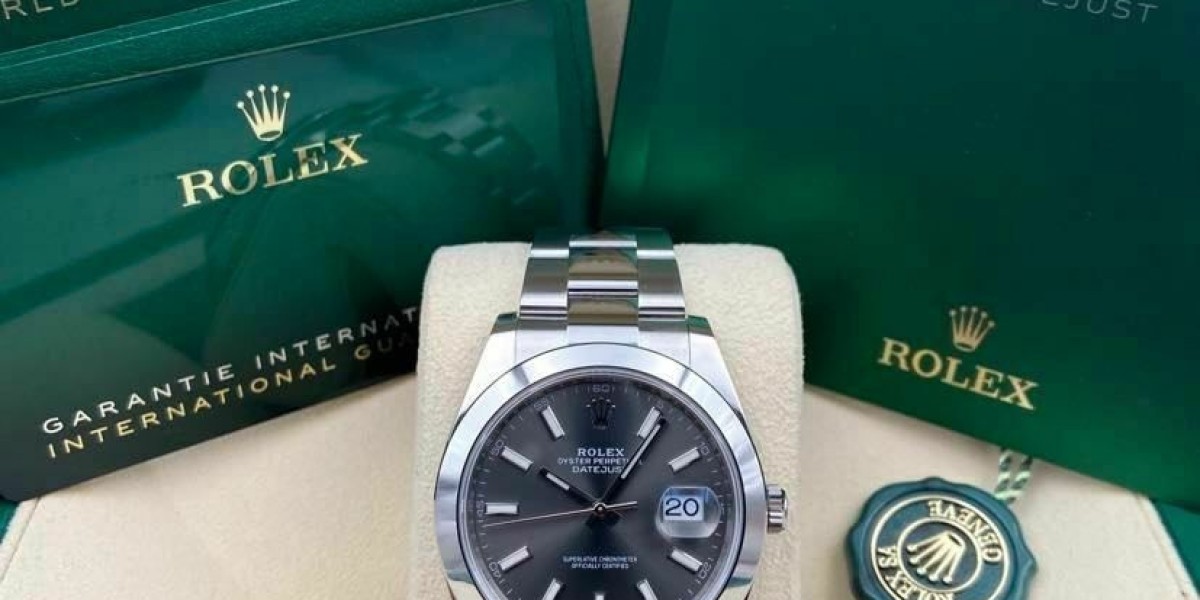In terms of the sale of Rolex replicas, the authorized landscape might be quite complicated. Whereas some may argue that selling replicas is a harmless activity, the reality is that it could possibly have critical authorized penalties. In this text, we are going to explore the legality of selling Rolex replicas and discuss the potential implications for sellers.
Rolex is a luxury Swiss watch brand identified for its excessive-high quality craftsmanship and prestige. In consequence, Rolex watches are often the target of counterfeiters who produce replicas that carefully resemble the unique fashions. These replicas are typically bought at a fraction of the value of a genuine Rolex and might be discovered both on-line and in bodily retail shops.
From a authorized perspective, selling Rolex replicas is a violation of intellectual property legal guidelines. Rolex holds quite a few trademarks and copyrights that protect the design and branding of its watches. By producing and selling replicas without the permission of Rolex, sellers are infringing on these intellectual property rights.
In the United States, trademark legislation gives protection for brand names and logos, while copyright law protects unique works of authorship. Rolex holds trademarks for its identify, emblem, and certain design parts of its watches, in addition to copyright protections for its orient perpetual calendar automatic watch replica For sale designs. Promoting replicas that bear these trademarks or designs can lead to authorized motion by Rolex.
Furthermore, the sale of counterfeit goods can also be a violation of federal and state legal guidelines. The Lanham Act, which governs trademark law in the United States, prohibits the sale of merchandise that are likely to cause consumer confusion as to the supply of the goods. Selling Rolex replicas can mislead consumers into believing that they are buying a genuine Rolex watch, which is a violation of the Lanham Act.
In addition to federal laws, many states have their own laws that particularly target the sale of counterfeit goods. For example, California Penal Code part 350 prohibits the sale of products that bear a counterfeit trademark. Violating this law may end up in criminal charges and hefty fines for sellers of Rolex replicas.
Some sellers might try to argue that promoting replicas is a type of "honest use" or "parody" that is protected by the primary Amendment. However, courts have constantly held that selling replicas for revenue isn't thought of a protected type of free speech. In actual fact, courts have typically sided with luxurious manufacturers like Rolex in circumstances involving the sale of counterfeit items.
It's price noting that not all replicas are unlawful to sell. There are particular circumstances by which the sale of replicas may be permissible under the regulation. For example, selling replica watches that clearly state that they are not genuine Rolex products and don't bear any of Rolex's trademarks or designs may be authorized. Nevertheless, sellers must be careful to avoid any false promoting or deceptive statements that would nonetheless result in authorized legal responsibility.
In conclusion, the sale of Rolex replicas is a legally dangerous enterprise. Sellers who interact on this activity are vulnerable to facing severe consequences, including legal action by Rolex, criminal expenses, and hefty fines. It is always greatest to err on the aspect of warning and avoid selling replicas of luxury brands like Rolex. By respecting intellectual property legal guidelines and upholding ethical requirements, sellers can protect themselves from potential legal troubles and guarantee a good marketplace for customers.








